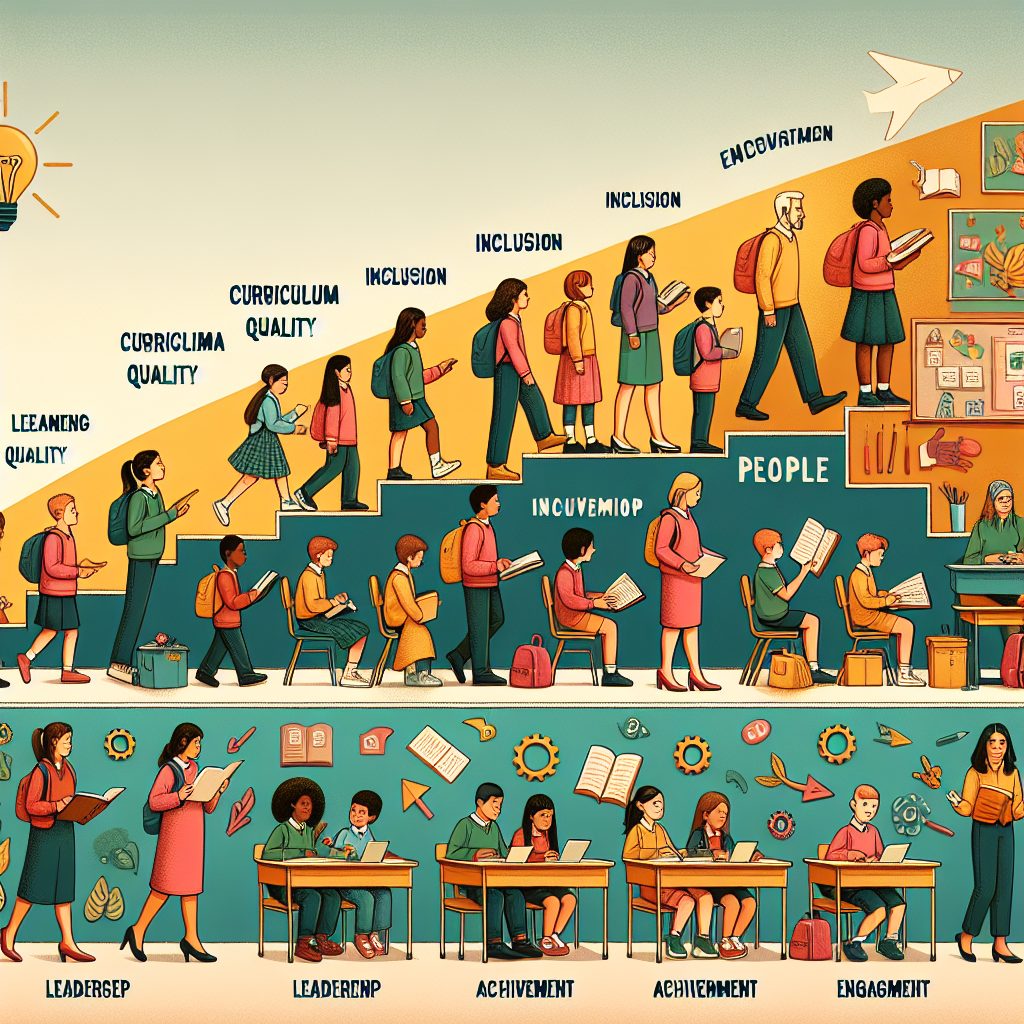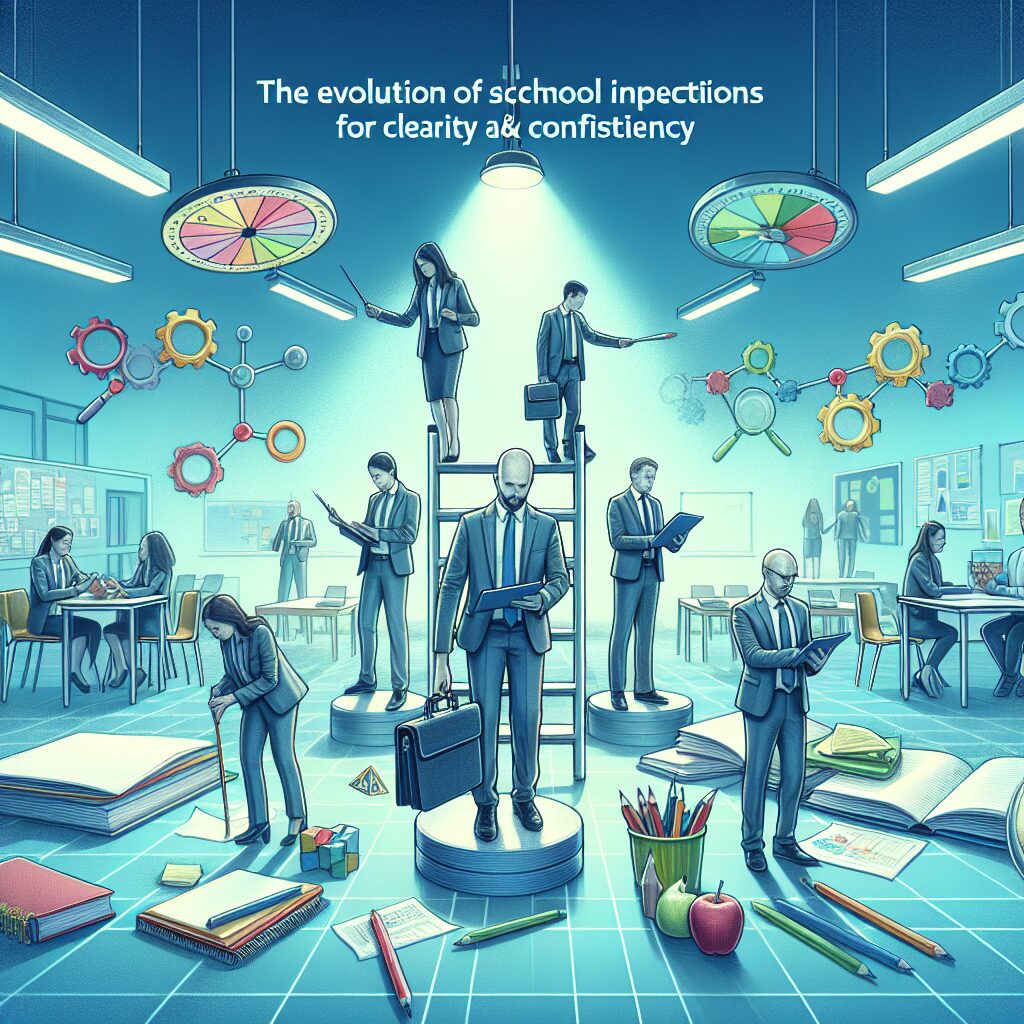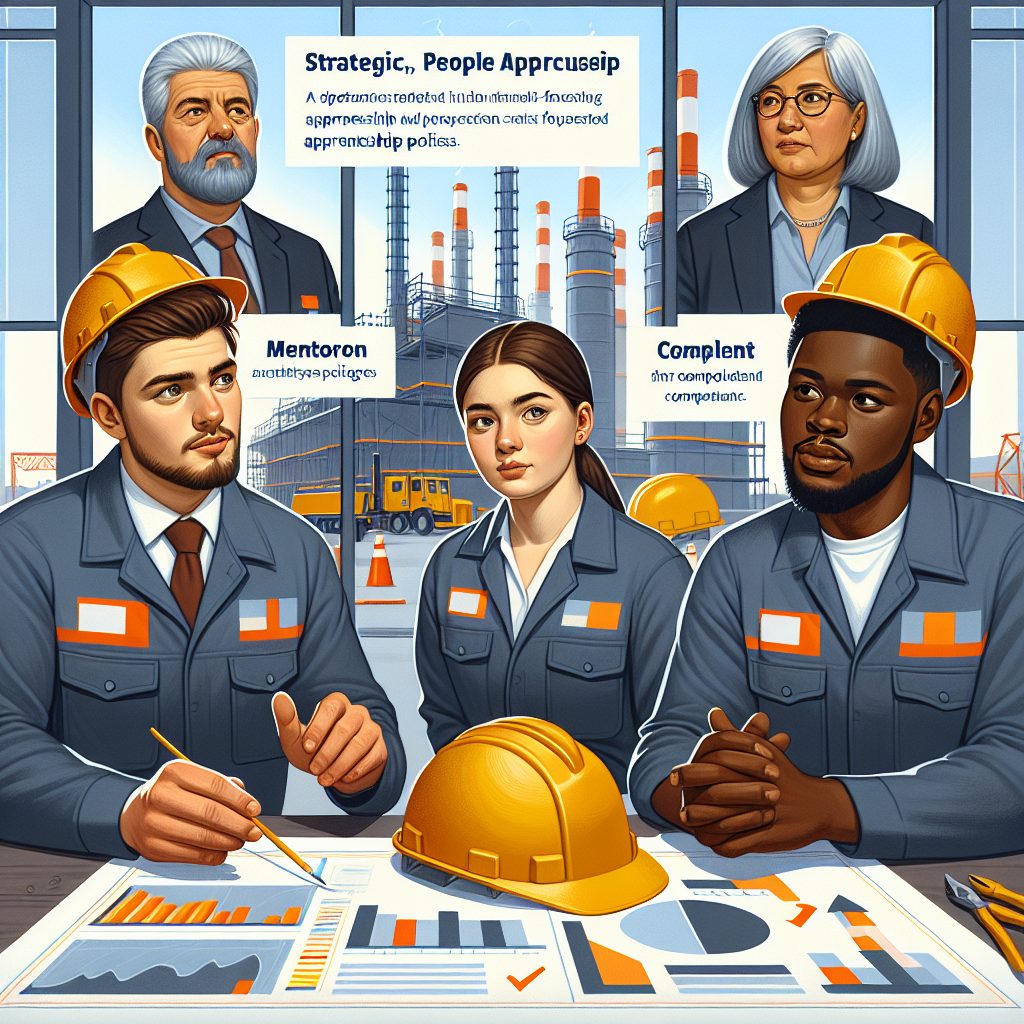
Embracing Change: Navigating the New Ofsted Categories in Education

The Changing Face of Education: Embracing the New Ofsted Categories
Let’s face it — the world of education is changing faster than ever. If we don’t adapt, we risk getting left behind. As we dive into the season for rewriting Self-Assessment Reports and Quality Improvement Plans, it’s essential to embrace these new Ofsted categories. They are not just boxes to tick; they hold the key to genuine improvement in education.
But how do we actually tackle this? It’s simpler than you might think. Let’s break this down into five areas that will make a real difference. Grab your coffee, and let’s have a chat about it.
1. Leadership & Governance
First up, let’s talk about leadership and governance. How transparent and inclusive is your leadership? It’s a crucial question that can have a significant impact on the whole educational environment. Effective leaders inspire trust and create a culture where everyone feels valued. Remember, it’s not about just having the right people in place; it’s about fostering an environment where everyone can contribute ideas.
Think of it this way: a school or educational institution is like a ship. A skilled captain (or leaders) ensures everyone knows their role, and a good crew works hand-in-hand to reach their destination. Are you steering this ship effectively? Take a moment to reflect: how can you include more voices in decision-making processes? That’s where the magic happens.
2. Inclusion
Next, let’s dive into inclusion. Are you truly meeting the diverse needs of every learner? In today’s landscape, a welcoming environment is not just a nice-to-have; it’s essential. Every student deserves to feel like they belong, regardless of their background or abilities. So, ask yourself: is your school a space where every learner feels seen and heard?
Take a close look at your classrooms and policies. Are they designed with inclusivity in mind? Perhaps you could implement peer mentoring initiatives or host workshops on cultural awareness. When every student feels safe and valued, that’s when real learning can flourish.
3. Curriculum, Teaching and Training
Moving on to curriculum, teaching, and training. This is where the magic of education truly happens. Is your curriculum engaging and inspiring? It should do more than just cover the basics; it must ignite a passion for learning. The days of rote memorisation are long gone. Students today crave relevance and connection.
If there’s one lesson I’ve learned, it’s that teaching must evolve with the times. Embrace technology, incorporate real-world experiences, and engage your students in meaningful dialogue. When they see the value in what they are learning, they’ll naturally be more invested and curious. Have you considered collaborating with local businesses or organisations to provide practical experiences? It can be a game changer.
4. Achievement
Now, let’s chat about achievement. Are your learners reaching their full potential? This is not just about test scores; it’s about fostering a growth mindset. Achievement means helping students develop the skills they need for the future, be it critical thinking, creativity, or resilience.
Celebrate that journey of learning! Set achievable goals, acknowledge milestones, and create opportunities for feedback. It’s vital to remember that success doesn’t have to look the same for everyone. How can you make room for diverse definitions of achievement in your school?
5. Participation and Development
Lastly, we must consider participation and development. Are learners actively participating in their own journey? Engagement is key. When students take ownership of their learning, they become invested in their educational experiences.
Encourage student-led initiatives, discussions, and feedback sessions. This not only empowers them but also fosters a sense of belonging. I often find that the most innovative ideas come from the students themselves. So, how can you create channels for their voices to be heard?
Conclusion: Shaping Education Together
As we evaluate our approaches within these new Ofsted categories, remember that this process is not merely about paperwork. It’s about nurturing a culture of excellence and dedication at City Skills. So, as you embark on this reflective journey, consider: how can you leverage these categories to not just meet standards but genuinely drive improvement?
We’re all in this together. Your thoughts and reflections are invaluable. What changes are you thinking of making based on the new Ofsted framework? Let’s keep this conversation going, for our students’ futures depend on it.





